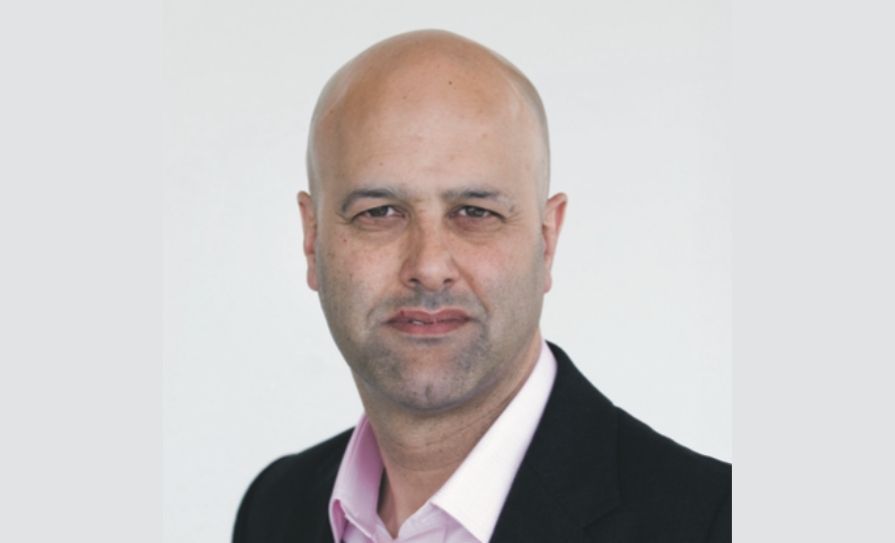There is “obviously” a role for postgraduate training bodies in improving the working lives of NCHDS, the IMO NCHD Chair has said.
On 11 April, the IMO launched its ‘Standing up for NCHDs’ campaign to seek reform on poor working conditions, unsafe and illegal working hours, and “routine breaches” of contract.
The IMO NCHD committee is initiating a ballot of NCHD members to seek approval for industrial action, up to and including strike action, “in the event that the HSE does not engage meaningfully to resolve the situation and implement much needed reform.”
To allow the situation to continue “would pose a substantial and unacceptable risk to patient safety”.
However, some of the issues raised by the IMO are connected to delivery of training, including the stress and financial burden associated with frequent rotations. The problem of working conditions is compounded by NCHDs being viewed as temporary workers, according to the union.
Asked about the role of training bodies on these matters, NCHD Chair Dr John Cannon said: “[Training bodies] are a vital part of the eco-system for NCHDs and there has to be connected thinking, there has to be joined-up thinking between the workforce strategy and the postgraduate training bodies, particularly if we are going to deliver things like family-friendly policies and flexible training schemes, and actually put in some common sense measures.”
Dr Cannon underlined that the current demographic of NCHDs is much more diverse in terms of gender and age than in the past.
“I’ve heard of many young doctor couples, the doctors have young children and they are being sent in separate directions on their rotation…. I don’t think this makes it into the eye of the general public.”
Mr Ken Mealy, Chair of the Forum of Irish Postgraduate Medical Training Bodies, said there was an understanding that greater regionalisation of training was necessary. He said NCHDs’ working conditions were raised with the HSE, but the training bodies were not the employer.
A spokesperson for RCSI told MI: “We are acutely aware of the pressure experienced by surgical trainees, Fellows and Members in hospitals across the country. We recognise the challenges in maintaining services for patients in the context of the number of unfilled posts across the system. However, requiring doctors to work hours outside of the European Working Time Directive is a patient safety concern and unsafe for doctors.
“Addressing the barriers to recruitment and retention should be an immediate priority for the health service. RCSI will continue to provide support, education and training to our trainees, Members and Fellows, and we ask employers to adhere to the working time regulations.”
A comment was awaited from RCPI.













Leave a Reply
You must be logged in to post a comment.